BALANCE DIET

Glycogen is the main source of energy which is used by the muscles to undertake both aerobic and anaerobic exercise. With low glycogen stores you will constantly feel tired, & one may be more prone to injury & illness.
Eating a balanced diet is another key to sports nutrition.
The nutrients are:
- Proteins – essential for growth and repair of muscle and other body tissues
- Fats – one of the source of energy
- Carbohydrates – our main source of energy
- Minerals – these inorganic elements occurring in the body and which are critical to its normal functions
- Vitamins – water and fat soluble vitamins play important roles in many chemical processes in the body
- Water – 62% of the human body is water and this is essential for normal body function – as a vehicle for carrying other nutrients.
- Roughage – The fibrous indigestible portion of our diet essential to the health of the digestive system
- The right combination of calories from carbohydrates, proteins, and fats gives you energy for top performance. Non sport specific balance diet includes 50% carbohydrates, 30% Proteins & 20% fats.
DAILY CALORIE REQUIREMENT
The number of calories the body consume in a day is different for every person depending on the height weight and age activity level. Main factors involved in calculating how many calories your body needs per day:
- Basal metabolic rate
- Physical activity
- Thermic effect of food
Men require more calories per day than women. Younger people need to consume more calories each day than older people. Pregnant or lactating women need a higher calorie intake. Most people will lose weight when consuming around 1500 calories per day.
CARBOHYDRATE
Carbohydrate should provide about 50% of your daily calories
The most important fuel source, carbohydrates are found in fruits, vegetables, pastas, breads, cereals, rice, and other foods.
In our body carbohydrates from sugar and starch are converted to energy which gives you power for high-intensity, short-duration activities.
After whole of carbohydrate consumption during exercise, consumption of fat and protein start taking place after repeated high-intensity, short-duration exercises, or in multi events or training session in a single day.
PROTEINS
Slouching every once in a while is absolutely fine, unless it hurts your back. It only becomes a problem if you slouch all the time, i.e. it has become a permanent habit. Keep your slouch for special occasions!
Slouching in the lower back puts quite a bit of weight on your sacrum and tailbone (coccyx) and this shouldn’t be repeated too often.
FAT
Fats should provide no more than about 20% to 30% of daily calories.
Saturated fats come from animal-based foods, such as meats, eggs, milk, and cheese.
General guidelines for athletes during athlete events:
- Eat a meals high in carbohydrates.
- Take solid food 3 to 4 hours before an event. Take liquid 2 to 3 hours before an event.
- Choose easily digested foods and avoid fried foods.
- Avoid junk foods/drinks within 1 hour of the event.
- Avoid junk foods/drinks within 1 hour of the event.
CALCIUM
calcium is a naturally occurring mineral that is needed by the body to build and maintain strong bones and teeth as calcium is not produced in the body it should be consumed from the person dietary intake.
Throughout life, bones go through a process known as remodeling, in which small amount of old bone are removed and new bone is formed in its place. After 40 years of age more bone is lost than gained.
Women are vulnerable to the osteoporosis as Bone loss accelerates after menopause, which develops slowly over many years.
Calcium can be obtained from a variety of food, Milk and dairy products are the biggest source of calcium. Green leafy vegetables are other source of calcium. Therefore eating a balanced diet with a variety of foods is very important.
